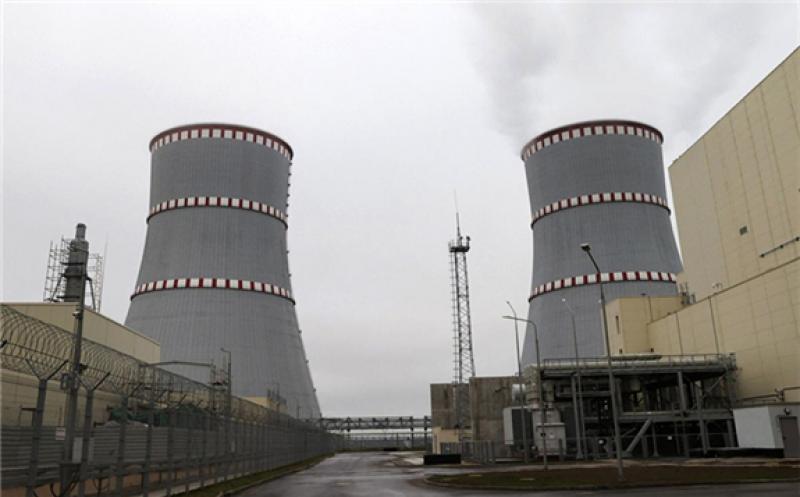Belarus nuclear regulator Gosatomnadzor announced on16 February that Belarus is committed to continuous improvement of safety at the Belarus NPP. "Joint actions with ENSREG [European Nuclear Safety Regulatory Group] regarding stress tests of the Belarus NPP are carried out by our country on a voluntary basis, as a demonstration of Belarus's commitment to continuous improvement of the NPP safety level," the statement posted on Gosatomnadzor’s website said. The statement was a response to the adoption by the European Parliament on 11 February of a resolution citing concerns about the plant’s safety. The resolution, initiated by Lithuania, was supported by 642 deputies with 29 voting against, and 21 abstaining. The Ministry of Energy of Belarus in response stated that it considered the resolution to be politicised.

Gosatomnadzor also reiterated that the safety assessment is carried out within the framework of the licensing process. "Stress tests are a one-time unscheduled assessment of the NPP's resilience to extreme external environmental impacts and their combination in the light of the lessons learned from the accident at the Japanese Fukushima-Daiichi NPP, which makes it possible to analyse the safety margins over the requirements established by regulatory legal acts and propose measures to increase them in the context of continuous improvement of security," it noted.
In the course of implementing its first nuclear energy programme, Belarus has consistently followed the safety standards of the International Atomic Energy Agency and fundamental safety principles, Gosatomnadzor said.
ENSREG experts visited Belarus NPP on 9-10 February as part of the peer review of the National Action Plan following the plant stress tests. The expert group comprised nine people including representatives of Austria, Belgium, the UK, Hungary, Germany, Lithuania, Ukraine, Finland. The group was headed by Petteri Tiippana, Director General of the Centre for Nuclear and Radiation Safety of Finland (STUK). They visited the plant's facilities, received information on the implementation of the activities of the national action plan based on the results of stress tests, and were able to pose questions to representatives of Gosatomnadzor, the Department of Nuclear Energy of the Ministry of Energy, the group of designers of JSC ASE EC and NPP specialists.
Belarus, on a voluntary basis, conducted stress tests of the NPP in 2016-2018 according to the EU methodology. At the same time, the presence of "safety margins" over the requirements established by national legislation was assessed. The stress test criteria included checking the reliability of the nuclear power plant in case of natural disasters, in particular, earthquakes and floods, as well as various man-made accidents. In addition, the risks associated with the human factor were analysed. As a result, no safety deficits were identified at the NPP.
Based on the results of stress tests, the national regulator - Gosatomnadzor - prepared a National Action Plan, which summarised both the recommendations from the national expertise and the recommendations of the European peer review experts. The document contains 23 points with a deadline for implementation in the period from 2019 to 2025. Some of the recommendations have already been implemented, including those related to additional systems and safety equipment.
Belarus NPP will consist of two Russian supplied VVER-1200 power units. The general contractor is Atomstroyexport (part of Rosatom). The plant was issued a permit for pilot industrial operation of unit 1 in December. It is expected that the unit 1 will be put into commercial operation in 2021 and unit 2 in 2022.